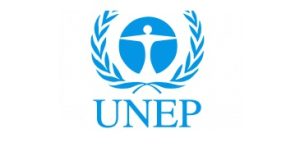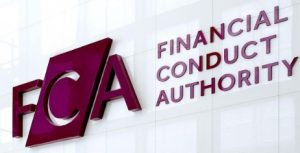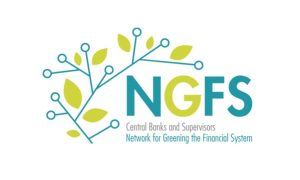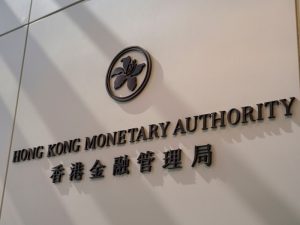UK Sustainability Reporting Standards
The UK Department for Business and Trade releases an exposure draft of UK Sustainability Reporting Standards, aimed at soliciting opinions from stakeholders.
The UK Sustainability Reporting Standards are based on IFRS S1 and IFRS S2 published by the International Sustainability Standards Board (ISSB).
Related Post: UK FCA Sets Out Temporary Measures for Sustainability Disclosure Requirements
Introduction to UK Sustainability Reporting Standards
The UK Sustainability Reporting Standards consists of two parts, namely Sustainability Reporting Standards 1 (SRS1) and Sustainability Reporting Standards 2 (SRS2), which correspond to IFRS S1 and IFRS S2, respectively. In terms of revisions, the UK Sustainability Disclosure Technical Advisory Committee and the UK Sustainability Disclosure Policy and Implementation Committee have put forward several amendments:
- Cancel the delayed disclosure clause of IFRS S1: IFRS S1 allows companies to publish sustainability reports at a time different from the financial statements in the first year of applying the ISSB standard. The committee removes this exemption clause in SRS1 as it would undermine the correlation between financial statements and sustainability reporting, and some UK companies have been disclosing based on the Taskforce on Climate-related Financial Disclosures Recommendations (TCFD Recommendations) since 2022.
- Extend the transition period clause of IFRS S1: IFRS S1 allows companies to only disclose climate related issues in the first year of applying the ISSB standard, and to disclose other material sustainability issues from the second year onwards. The committee recommends that companies provide a two-year transition period in SRS1, whereby companies disclose all climate issues except Scope 3 in the first year, all climate issues in the second year, and all material sustainability issues in the third year. Enterprises can also disclose in advance.
- Cancel the application requirement of IFRS S2 Global Industry Classification Standard (GICS): IFRS S2 requires companies to provide financing emission information based on the Global Industry Classification Standard. The committee believes that companies can use multiple industry classification standards to reduce additional costs.
- Delete the effective date clauses of IFRS S1 and IFRS S2: IFRS S1 and IFRS S2 suggest that companies should apply sustainability standards after January 1, 2024, or earlier. The committee believes that current companies can voluntarily apply the UK Sustainability Reporting Standards, and their effective date will be determined by the Financial Conduct Authority (FCA) in the future.
- Revise the references for SASB standards in IFRS S1 and IFRS S2: IFRS S1 and IFRS S2 suggest that companies should refer to and consider the relevant standards of the Sustainability Accounting Standards Board (SASB). The committee believes that companies can decide whether to refer to SASB standards based on their own situation.
- Adjust the calculation method for the transition period in IFRS S1 and IFRS S2: Both IFRS S1 and IFRS S2 include a transition period, and the committee discusses whether the transition period should be calculated from the voluntary application of sustainable standards by enterprises or from the mandatory application of sustainable standards. The committee believes that companies that have applied sustainable standards in the early stages should not be punished, so the transition period will start from the time when regulatory agencies require companies to enforce the application of sustainable standards.
The response time for this consultation document is three months, and the UK plans to officially release Sustainability Reporting Standards in the autumn of 2025.
Reference:





